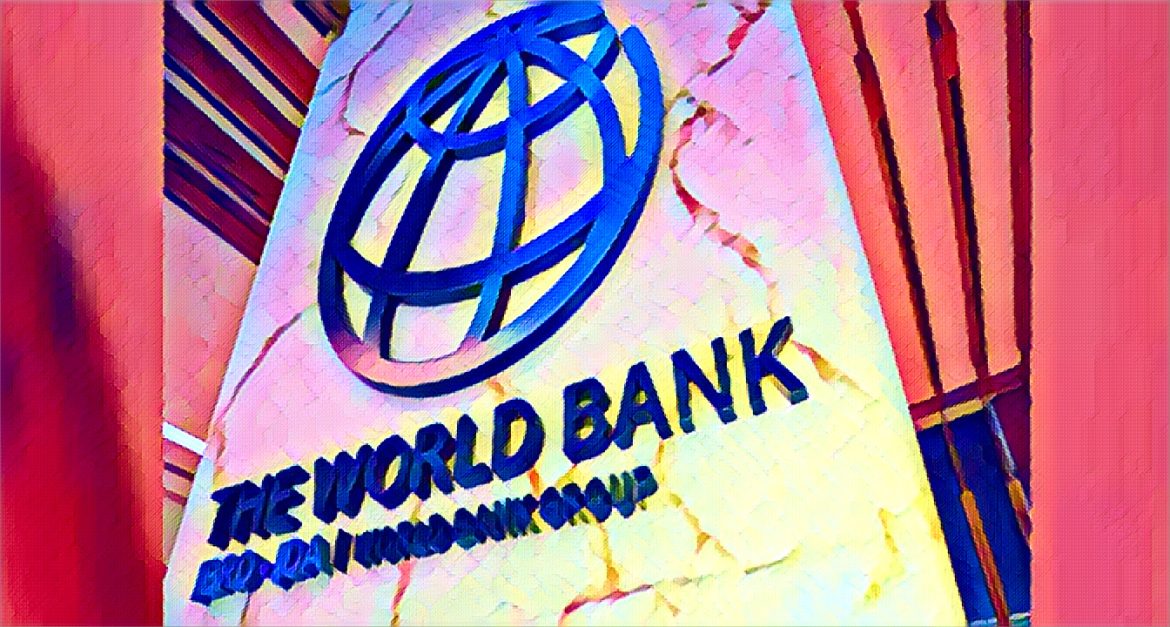Nigeria has secured a $500 million loan from the World Bank to enhance its electricity distribution network, aiming to address longstanding issues of power shortages and inefficiencies. This financial injection is expected to significantly improve the reliability and reach of electricity supply across the nation, fostering economic growth and development.
The loan, announced by the Federal Government, is part of a broader strategy to reform Nigeria’s power sector, which has been plagued by frequent outages, technical losses, and inadequate infrastructure. “This funding is a critical step towards resolving our electricity distribution challenges and ensuring a stable power supply for our citizens and businesses,” said a government spokesperson.
The $500 million will be allocated to various projects designed to upgrade the existing electricity distribution infrastructure, reduce technical and commercial losses, and enhance service delivery. Key initiatives include the modernization of distribution networks, expansion of grid capacity, and the implementation of advanced metering systems.
Experts believe that these improvements will have a profound impact on Nigeria’s economy. Reliable electricity is essential for industrial operations, small businesses, and households. “Access to consistent and efficient power supply is crucial for economic activities and can significantly boost productivity and growth,” noted an energy analyst.
In recent years, Nigeria’s power sector has struggled to meet the demands of its growing population and economy. Frequent blackouts and high electricity costs have hampered industrial output and deterred foreign investment. “Improving the power sector is fundamental to attracting investment and enhancing the business environment in Nigeria,” emphasized a business leader.
The World Bank loan is part of a series of reforms aimed at revitalizing Nigeria’s electricity sector. These reforms include privatizing distribution companies, increasing private sector participation, and implementing policies to improve governance and efficiency within the sector. “Our goal is to create a more resilient and efficient power sector that can meet the needs of all Nigerians,” said a policy expert.
The private sector is expected to play a crucial role in this transformation. By encouraging private investment in electricity distribution, the government hopes to leverage additional expertise and resources. “Private sector involvement is key to ensuring the sustainability and success of these reforms,” added the policy expert.
Despite the positive outlook, challenges remain. Issues such as outdated infrastructure, regulatory bottlenecks, and financial constraints have historically hindered progress in the power sector. Addressing these challenges will require sustained efforts and collaboration between the government, private sector, and international partners.
Consumer advocacy groups have welcomed the World Bank loan but stress the importance of transparency and accountability in its utilization. “We need to ensure that these funds are used effectively to benefit the end-users, and not lost to corruption or mismanagement,” said a representative of a consumer rights organization.
The government has assured that measures will be put in place to monitor the progress of funded projects and ensure that the objectives are met. “We are committed to transparent and efficient use of this loan to bring about tangible improvements in electricity distribution,” stated the government spokesperson.
Looking ahead, the successful implementation of these projects could pave the way for a more reliable and efficient power sector in Nigeria. This, in turn, would support broader economic development goals and improve the quality of life for millions of Nigerians. “A stable power supply is foundational to our national development and prosperity,” concluded the government spokesperson.
In conclusion, Nigeria’s securing of the $500 million World Bank loan marks a significant milestone in its efforts to reform and enhance its electricity distribution network. With focused investments and collaborative efforts, the country aims to overcome its power challenges and drive sustainable economic growth.
Source: Tribune Online


